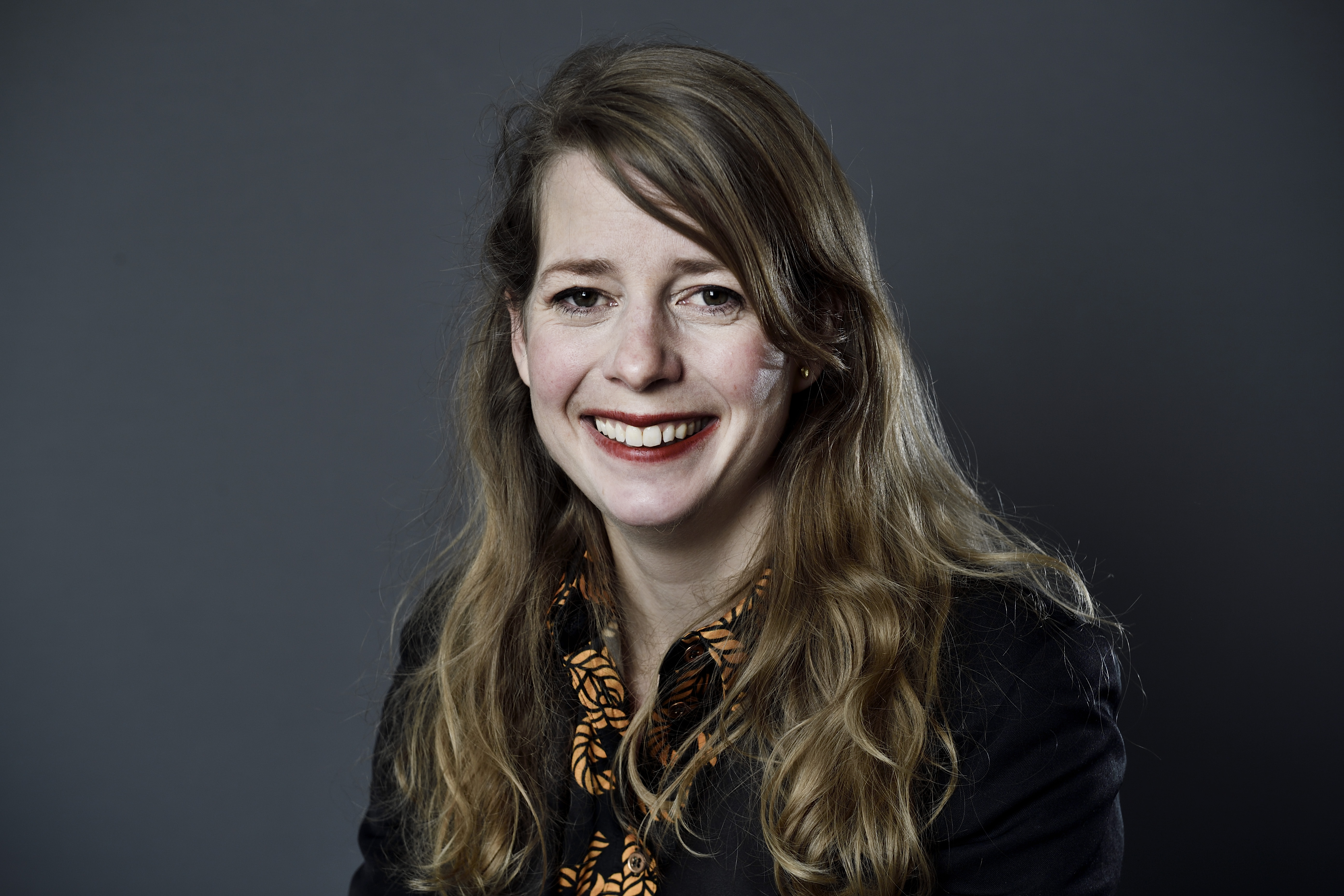Marion Godman
Research leader

Project title
A Sense of Belonging: Cultural Copying as a Basis for Group Rights?
What is your project about?
Members of certain groups are often granted special rights. Members of a gender may be the recipients of affirmative action, members of indigenous groups can be entitled special language and land rights, and membership in certain nationalities can count as grounds to be prioritized – or demoted – in immigration. But only certain types of membership seem to have such a moral standing. Why is it, for example, that many think indigenous groups might deserve protection and rights, but not, say, all urban dwellers? My project considers whether a cultural copying account of group membership, where membership is achieved through a chain of cultural learning from past models, can explain why some groups can achieve a special moral standing.
How did you become interested in your particular field of research?
I was struck by the idea that many group rights, such as minority rights and rights to affirmative action, seem to rest on some commitment about what it takes to be a member in a, say, gender, ethnicity, sexuality and so on. Yet there was very little said about what this membership amounts to in the literature. At the same time many want to claim that social categories are not really real. I was interested in this tension. So, I decided I should develop my cultural copying account of membership to see if it can explain this deeper membership and why special rights attach to it.
What are the scientific challenges and perspectives in your project?
My project can be challenged from several different perspectives. First, political philosophers and theorists are generally sceptical of group rights. The reason broadly lies within the liberal tradition of treating the individual and her rights as paramount. I am not sure whether there is a real conflict with my perspective because a group, on my account, is nothing over and above the individuals that comprise it. I am more worried about supporting an extensive identity politics, where certain memberships and identities get granted too far-reaching rights. It will be important to consider what kind of rights my account of membership would actually support. Finally, one may wonder about some groups that have a destructive and demeaning culture toward their own members. What do we want to say about these groups?
What is your estimate of the impact, which your project may have to society in the long term?
I think it is almost impossible to foresee the impact of philosophical research. That does not mean that there aren't many important societal impacts of philosophy: philosophers have contributed to the establishment of fields such as psychology and economics as well as inspired the invention of the computer and the American constitution. But it wouId be an act of hubris or sheer folly to try to foresee such grand societal impacts of my research. I can only hope that my team's results will be communicated and disseminated successfully so as to prompt some politicians, policy-makers and legislators to think more carefully about the justification of their policies of affirmative action and minority rights (for example).
Which impact do you expect the Sapere Aude programme will have on your career as a researcher?
I am very grateful for being awarded the Sapere Aude. It is an important seal of approval for my research and allows me to find a proper academic home in Denmark. The Sapere Aude will in addition mean that I can transition into a new and exciting area of research: the political theory of membership and group rights. Finally, the programme is instrumental for assembling an excellent team of expertise and devoting time for thinking through the topic properly.
Background and personal life
I grew up on a dairy farm on the island Gotland in the Baltic Sea. My mother is Canadian, my father, Swedish, my partner, Finnish, and our daughter, born in Denmark. I have lived in a series of cities as part of my academic career: Toronto, Stockholm, London, Helsinki and, now, Copenhagen. Much as I love cities for their endless possibilities of exploring culture and places, I often miss the natural sense of community of the country-side. I enjoy good novels, good ski trails and good conversation.
View all research leaders here
Research institution
Aarhus University, Department of Political Science
City of your current residence
Copenhagen
High school
Hammargymnasiet, Sandviken, Sweden (musical theatre programme)
